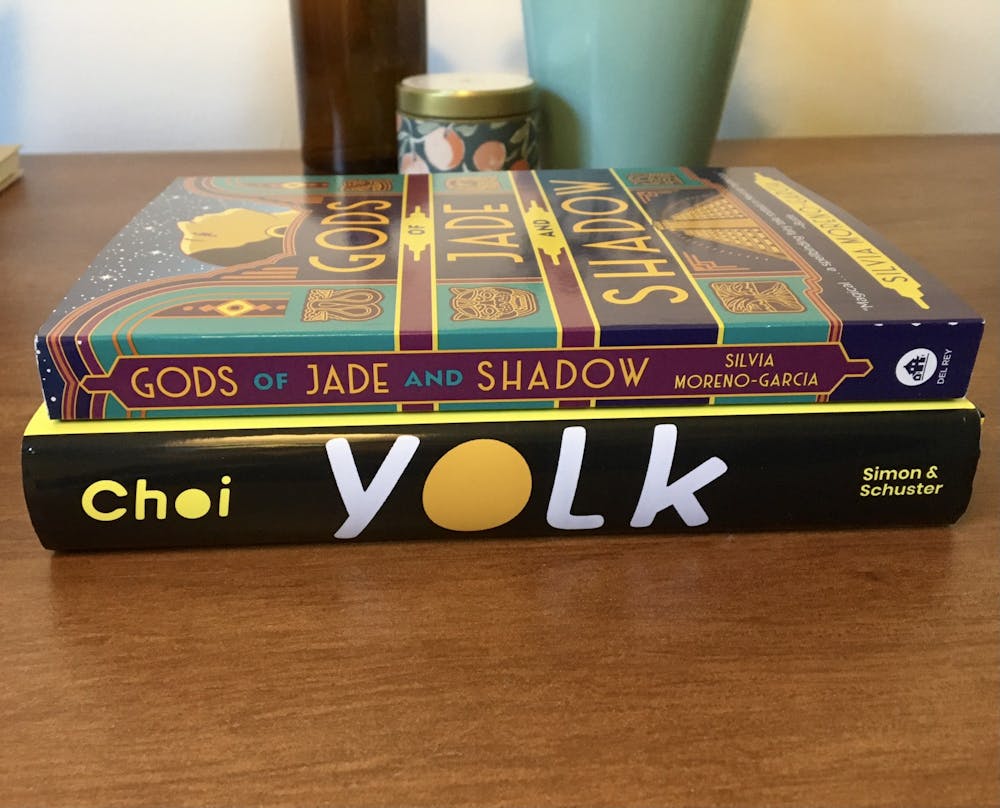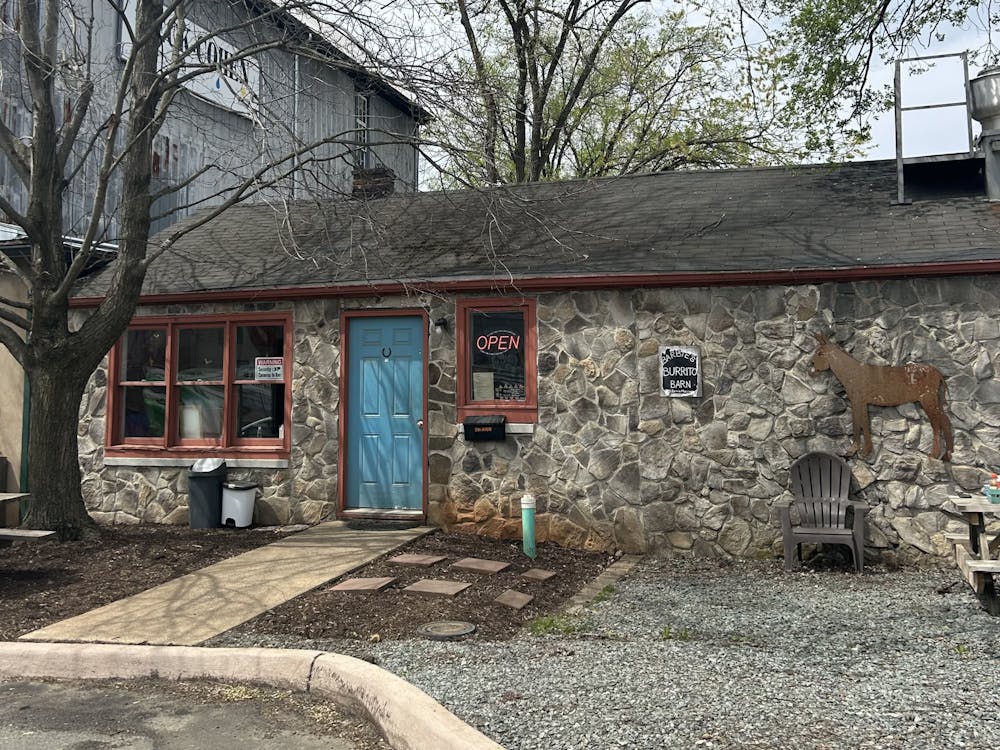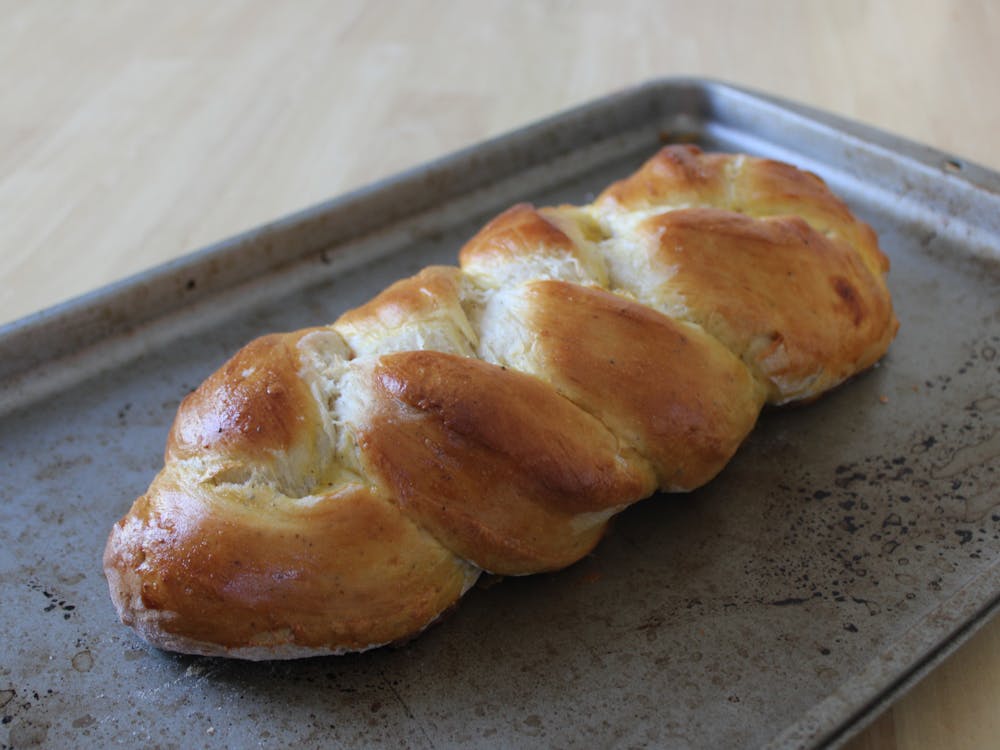Lea en español
Once a month, Reading in Hues — a book club offered through the Maxine Platzer Lynn Women’s Center and facilitated by the Engaged Scholarship Program — meets to pay homage to literature written by women of color by reading and discussing their works.
Established last year by Alexis Gayle, a former Engaged Scholarship intern and Class of 2021 alumna, Reading in Hues is an extension of the 20/20 Reading Challenge created by Women’s Center Director Abby Palko.
Book club participants can choose which meetings to attend based on the listed books that interest them, and the first 10 people to sign up for each meeting receive a free book. To further incentivize attendance and reward consistent members, attendees’ names are also entered into a raffle for $50 in free books, one entry for each meeting they attend.
Engaged Scholarship interns uphold and extend the Women’s Center’s key mission of social change. This year, Reading in Hues is led by Mary Margaret Lea, Engaged Scholarship intern and second-year College student.
“[Engaged Scholarship interns] facilitate events that are focused on empowering women in our community and fighting for gender justice,” Lea said. “A lot of our program revolves around uplifting women of color’s voices [and] bringing opportunities to women — especially POC women — on Grounds.”
Reading in Hues’ mission also adheres to the Women’s Center’s goal of ensuring the celebration of and respect for women’s voices with an emphasis on racial diversity and inclusion.
“It's really important to the Women's Center that we're providing a platform for these voices that have been historically silenced,” Lea said.
Meetings occur the third Thursday of each month and are open to the entire University community. The books assigned for each meeting date have not been released yet, as Reading in Hues is still finalizing plans to host authors as potential guest speakers. These author-attended meetings tend to generate increased participation.
Last year’s reading list was chosen from Palko’s 20/20 Reading Challenge book list, but this year’s books were selected through a poll, as Lea wanted the interns and others interested in Reading in Hues to have a voice in the selection process.
Lea mentioned that the reading list embodies the Own Voice movement within the literature community, which grants authors the space to write books that tell their personal stories — particularly when that story stems from a historically silenced narrative. In Own Voice literature, there is an inextricable relationship between the author’s life and the lives of the characters.
“It's great to have diverse characters, but it's even more important to have diverse authors talking about their own life experiences and providing that representation for other people,” Lea said.
At this month’s meeting, the group discussed Mary H.K. Choi’s “Yolk.” The six students in attendance were united by their love of literature and the collective experience of reading this month’s selected text. Among this month’s participants was Graduate Batten Student Kaytee Wisley, who heard about Reading in Hues last year through a classmate who worked in the Women’s Center and decided to attend this meeting specifically because “Yolk” intrigued her.
“I wanted to go and discuss this book in particular because I just felt like it meant a lot to me to read it,” Wisley said. “I really enjoyed our discussion last night, and I liked to hear that everybody else was pretty moved by it as well.”
Throughout the meeting, Lea posed many engaging discussion questions that invited book club members to consider both lighthearted topics — such as the relatability of characters and humorous sibling dynamics — and heavier topics — such as female sexuality, the Asian American experience and disordered eating.
“A lot of the books that we read do deal with tough themes, but there are some things that we all have collectively experienced,” Wisley said. “It’s really great to be able to talk about those things and find commonalities between the author’s experiences and our own.”
The book club explores important literature without the pressures accompanying assigned course readings. During last month’s meeting, a handful of participants mentioned having not actually finished the book — their confessions met by laughter and agreement.
The meeting was simply a discussion — intimate in size — where participants were encouraged to share any and all sentiments.
“[I] loved how vulnerable and open to sharing everyone was,” Graduate Batten Student Marisa Lema said. “We all sort of shared personal experiences the book made us think about. Even though most of us don't know each other, it was a space where we felt we could share.”
Wisley acknowledged that, in a Zoom format, the book club faces limitations including pockets of awkward silence, participants’ fears of talking over each other or talking too much and the constant question of to unmute or not to unmute.
“This book club is interesting because it’s a lot of people who don’t know each other very well,” Wisley said. "Normally you would create a book club with a group of friends, and you feel really comfortable discussing everything with each other.”
Despite the challenges Zoom places on the book club, Wisley still recognizes the importance of Reading in Hues’ drive to feature marginalized authors and enjoys discussing the literature with other members.
“Overall, despite those limitations, the club goes really well,” Wisley said. “We have great discussions.”
Wisley is also president of Batten’s LGBTQ+ student group, PRIDE. She spoke of future plans for a collaboration between PRIDE and Reading in Hues.
“[PRIDE] is partnering with Reading in Hues to [feature] a book by a trans author of color,” Wisley said. “It is really important to us to have those two identities together.”
The future for Reading in Hues looks bright. Lea foresees providing the option for in-person meetings during the spring semester contingent on the University’s COVID-19 guidelines. For now, though, the group will remain remote, and it will be discussing “Gods of Jade and Shadow” by Silvia Moreno-Garcia Nov. 18 over Zoom.





